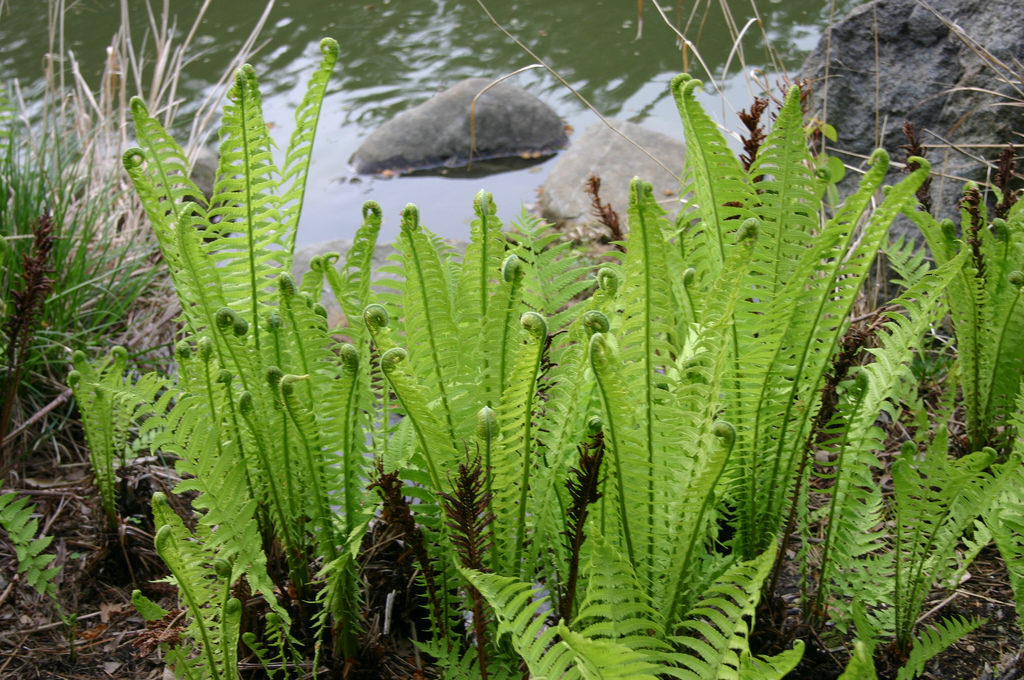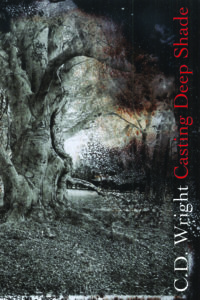



As I shifted into single parenthood, the idea of my daughter being an only child seemed like more of a reality (whether it is or not). One of these poems was called “Only Child” first, and the rest ended up finding those titles later. Is there meaning behind these poems being listed in reverse order? As a parent myself, I would love to know how these poems reflect your experience as a father. The series of Only Child poems left me meditating on how the self changes after becoming a parent. I also wanted to write a book that my daughter could read years from now as a marker of this time with a hopeful frame on the future. Can a book about the end of a marriage and about living in the Anthropocene be hopeful? I wanted it to be somehow, and that drive directed my revisions (both globally and on the line-level). Wright’s Casting Deep Shade: “On the last day of the world / I would want to plant a tree,” and this quote really resonated with me as I finalized the collection, reordering the poems and adding new work. What are we to do with despair and grief? Can hope exist there? These themes remain in the book, but when my marriage ended as I was finalizing the manuscript, the poems clearly changed, though I did see some parallels between the initial draft of the book and the final version. I initially wrote To Make Room for the Sea thinking about my daughter and what it means to raise a child in the Anthropocene. In preparation for the release, I had the wonderful opportunity to speak with Adam via email about his new collection.Įach of my books has been different from the one before in a very conscious, purposeful way. He teaches in the Center for Writers at the University of Southern Mississippi. In addition to writing, Adam is the editor of Mississippi Review, a co-editor of Typo Magazine, and a book review editor for Kenyon Review. Experiencing the world painted by Adam Clay is to discover that most enduring of human traits: the will to survive.Īdam Clay is the author of three previous poetry collections, The Wash (2006), A Hotel Lobby at the Edge of the World (2012), and Stranger (2016). The result is a collection of meditative poems that never lose faith in the persistence of the human spirit. In their lyrical phrasings and human connection to the everyday, the poems in To Make Room for the Sea vividly paint images of the space between known and unknown, the space where hope first takes its hold. All the while, Adam never stops asking: “What does the future hold?” Adam’s poems meditate on those moments most trying, moments seeped in despair and grief and unknowing. In To Make Room for the Sea, Adam Clay writes with the keen introspection of a person intent on finding light in the dark.


 0 kommentar(er)
0 kommentar(er)
